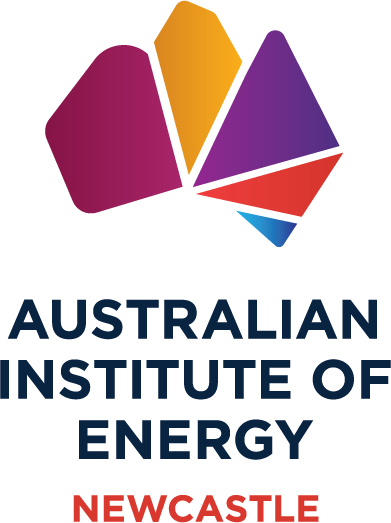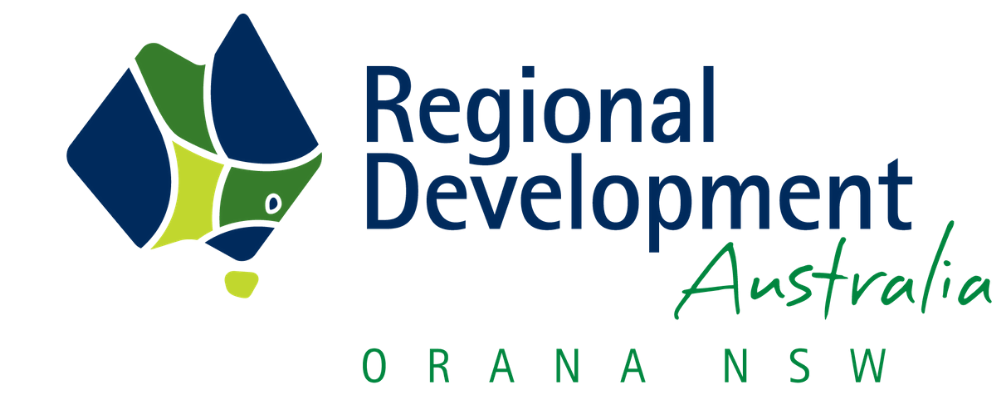Transition from conventional energy sources to hydrogen based fuels
Dr Adriana Palacios from UDLAP, will speak about the transition to hydrogen-based fuels and its implications for fire safety engineering
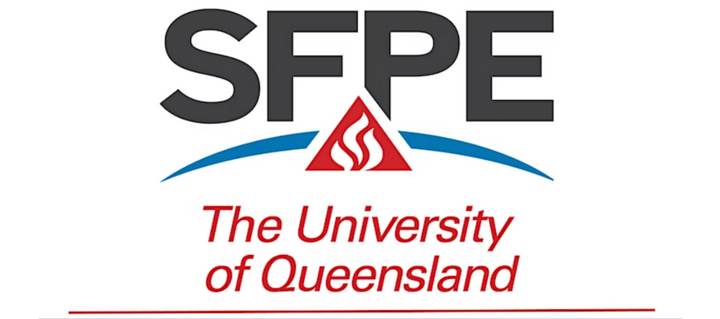
Seminar content
The energy transition from conventional wood and LPG systems to cleaner sources is an important challenge in Mexico and around the world. A possible research solution is being developed in several countries, involving the use of full or partial hydrogen blends as an alternative for lower GHG (greenhouse gas) generation with higher efficiency and less environmental and health problems.
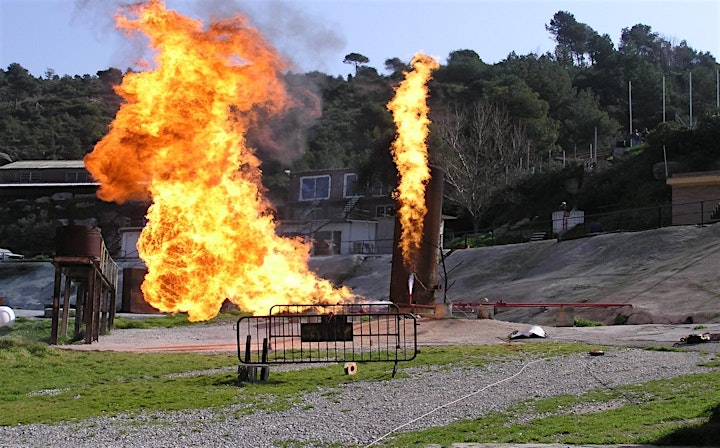
Jet flames. Taken from Palacios A. (2011) Ph.D. Thesis. Study of Jet Fire Geometry and Radiative Features, Centre for Technological Risk Studies, Chemical Engineering, Universitat Politècnica de Catalunya (Barcelona, Catalonia, Spain).
This session will cover:
1. The context of conventional firewood systems in Mexico and their uses, involving social and health issues.
2. The perspectives of the production, applications, advantages, and challenges of hydrogen use.
3. The key aspects for the transition from firewood or LPG systems to stoves with hydrogen-hydrocarbon blends.
4. Computational simulation tools describing fire phenomena with various fuels and blends, to understand their performance.
The session attempts to show the reasons that motivate a transition from wood or LPG systems to more efficient systems, with lower emissions and fewer general health problems.
Join the seminar at https://uqz.zoom.us/j/86383278433
Speaker Bio
Dr. Adriana Palacios is currently a professor at Universidad de las Américas Puebla (UDLAP), in Mexico. Adriana hols a PhD in Chemical Process Engineering from the Technical University of Catalonia (TUC), in Barcelona, Spain. There, she was part of the research staff of the Centre for Technological Risk Studies, from 2006 to 2012. Adiana carried out research projects in various fields of risk, safety, and combustion; executing large open-field experimental studies and mathematical modelling and prediction of the effects and consequences of major fire hazards and explosions.
From 2012 to 2014, Adriana was a Newton International Fellow of the Royal Society, in charge of the research project “Experimental Studies and Mathematical and Computational Modelling of Jet Fires”, as research staff at the School of Mechanical Engineering at the University of Leeds, United Kingdom.
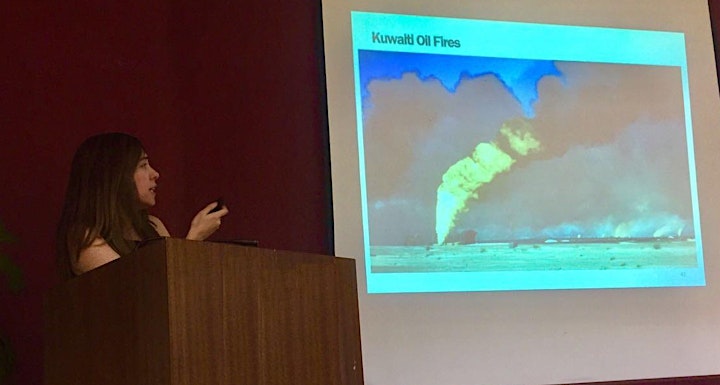
Adriana was a Newton Advance Fellow during 2012-2019 at UDLAP, in charge of several yearly research projects in combustion, fire hazards, and explosions. Adriana has created collaborative research links between China, Spain, the UK, and Mexico. These collaborations currently involve over seven International Research Centres and Universities around the world.
These collaborations are ongoing and expected to continue growing in the future.She is currently collaborating with the Energy Agency of the State of Puebla (EASP) and UDLAP, in Mexico, on a proposal to replace coal and wood with natural gas in the stoves used by the people living in rural zones of the Puebla region.











